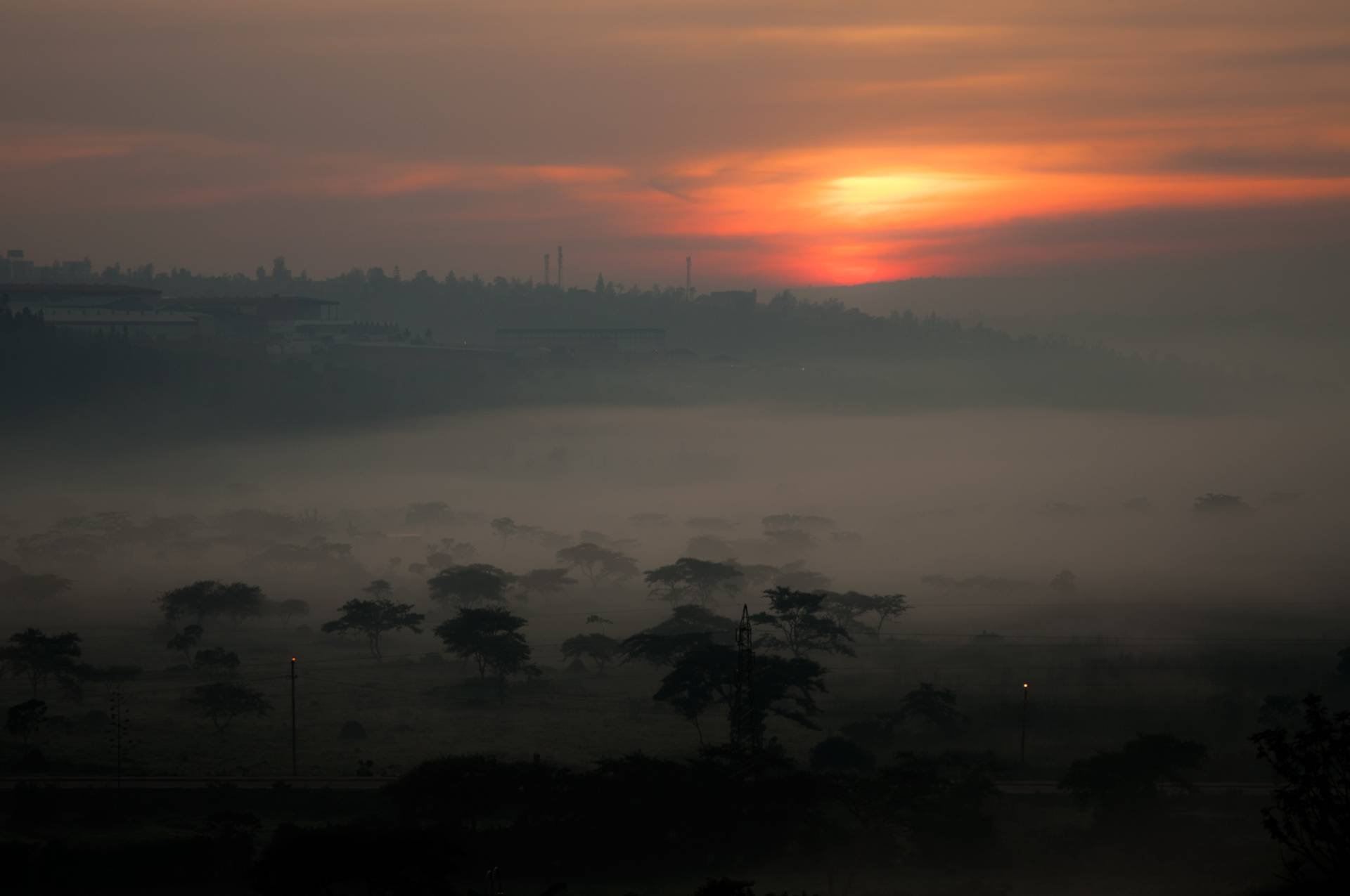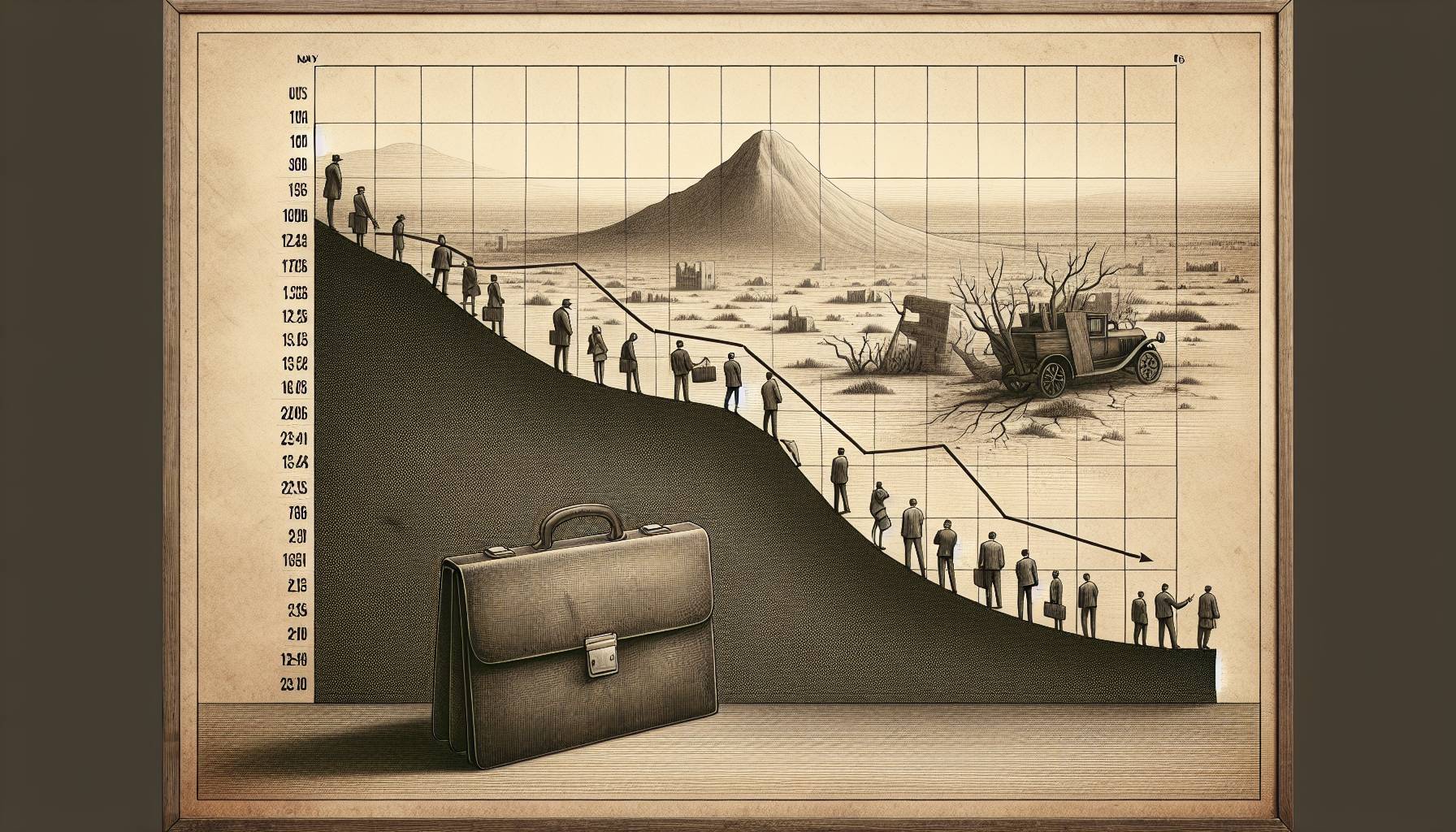Survivors and relatives of the 1994 Rwandan genocide expressed dismay on Tuesday after United Nations appeals judges indefinitely postponed the trial of alleged massacre financier and supporter, Félicien Kabuga, due to his poor health. This decision has evoked various emotions among those impacted by the tragedy, as some fear it could further obstruct the pursuit of justice. Despite his deteriorating health, many insist that Kabuga, who is accused of being a significant sponsor and orchestrator of the horrific event, should still be held accountable for his actions. They are urging for alternative methods to carry on with the trial.
The almost 90-year-old’s trial, which began last year, was adjourned in June, and it now seems improbable that he will ever face prosecution. This recent development has raised questions about how an accused’s age and health can affect the course of a legal trial. With the pause in proceedings, many are left questioning if justice will ever be served in this case. The court’s chief prosecutor, Serge Brammertz, admitted the outcome is unsatisfactory but emphasized that the ruling must be respected.
Kabuga was arrested in France in 2020 after evading justice for years and is charged with promoting and funding the mass murder of Rwanda’s Tutsi minority. Despite the frustration regarding the decision, Brammertz highlighted the significance of respecting the legal process and working towards delivering justice to the genocide victims. Advocates and supporters of the survivors continue to call for accountability and justice regarding Kabuga’s alleged participation in the atrocities committed during the 1994 Rwandan genocide. He pleaded not guilty to charges of genocide and persecution. The defendant, accused of heinous crimes against humanity, insists on his innocence despite the overwhelming evidence presented by the prosecution. The trial has drawn the attention of human rights organizations and the global community as they search for the truth and demand justice for the victims of these unspeakable crimes. Numerous genocide survivors, including Francine Uwamariya and Naphatal Ahishakiye, expressed their displeasure and frustration with the decision, finding Kabuga’s potential freedom extremely troubling.
Nonetheless, Brammertz stated that his team of prosecutors would continue to assist Rwanda and other countries in seeking accountability for genocide crimes. These survivors emphasize the need to bring Kabuga and other perpetrators to justice in order to honor the memories of the victims and show that such heinous acts will not go unpunished. They also believe that the international community must stay steadfast in its dedication to the pursuit of justice to prevent future atrocities and ensure long-term peace and reconciliation. Moreover, Brammertz’s office plans to significantly increase support to Rwanda’s Prosecutor General to ensure that more genocide fugitives face trial for their alleged crimes. This cooperative effort is anticipated to expedite the process of locating and extraditing these individuals, ultimately ensuring that justice is served for the appalling acts committed during the Rwandan genocide. Both parties acknowledge the importance of collaboration in rectifying the past and nurturing an environment of reconciliation and peace for future generations.
FAQs: Rwandan Genocide Trial Indefinitely Postponed Due to Félicien Kabuga’s Health
Why was Félicien Kabuga’s trial postponed?
The trial was postponed due to Kabuga’s poor health. United Nations appeals judges decided to indefinitely adjourn the trial, causing dismay among survivors and relatives of the 1994 Rwandan genocide.
Why is the postponement a matter of concern?
The decision evokes various emotions from those impacted by the tragedy. Some fear it could further obstruct the pursuit of justice, and others insist that Kabuga should still be held accountable for his alleged involvement in the genocide despite his deteriorating health.
What are the charges against Félicien Kabuga?
Kabuga is charged with promoting and funding the mass murder of Rwanda’s Tutsi minority. He has pleaded not guilty to charges of genocide and persecution, maintaining his innocence despite the overwhelming evidence presented by the prosecution.
What are the implications of Kabuga’s health on the legal Rwandan Genocide trial?
The recent development raises questions about how an accused’s age and health can affect the course of a legal trial. With the pause in proceedings, many are left questioning if justice will ever be served in this case. The court’s chief prosecutor, Serge Brammertz, admitted the outcome is unsatisfactory but emphasized that the ruling must be respected.
What are the reactions of Rwandan Genocide survivors?
Many survivors, including Francine Uwamariya and Naphatal Ahishakiye, have expressed their displeasure and frustration with the decision, finding Kabuga’s potential freedom troubling. Advocates and supporters continue to call for accountability and justice regarding Kabuga’s alleged participation in the atrocities committed during the 1994 Rwandan genocide.
How do the prosecutors plan to assist Rwanda and other countries in seeking accountability for genocide crimes?
Brammertz’s team of prosecutors plans to significantly increase support to Rwanda’s Prosecutor General to ensure more genocide fugitives face trial for their alleged crimes. This cooperative effort is anticipated to expedite the process of locating and extraditing these individuals, ultimately ensuring that justice is served for the appalling acts committed during the Rwandan genocide.
What are the expectations from the international community?
The expectation is for the international community to stay steadfast in their dedication to the pursuit of justice, to prevent future atrocities, and ensure long-term peace and reconciliation. Both parties acknowledge the importance of collaboration in rectifying the past and nurturing an environment of reconciliation and peace for future generations.
See First Source: San Diego Union-Tribune
Featured Image Credit: Photo by maxime niyomwungeri ; Unsplash; Thank you!













